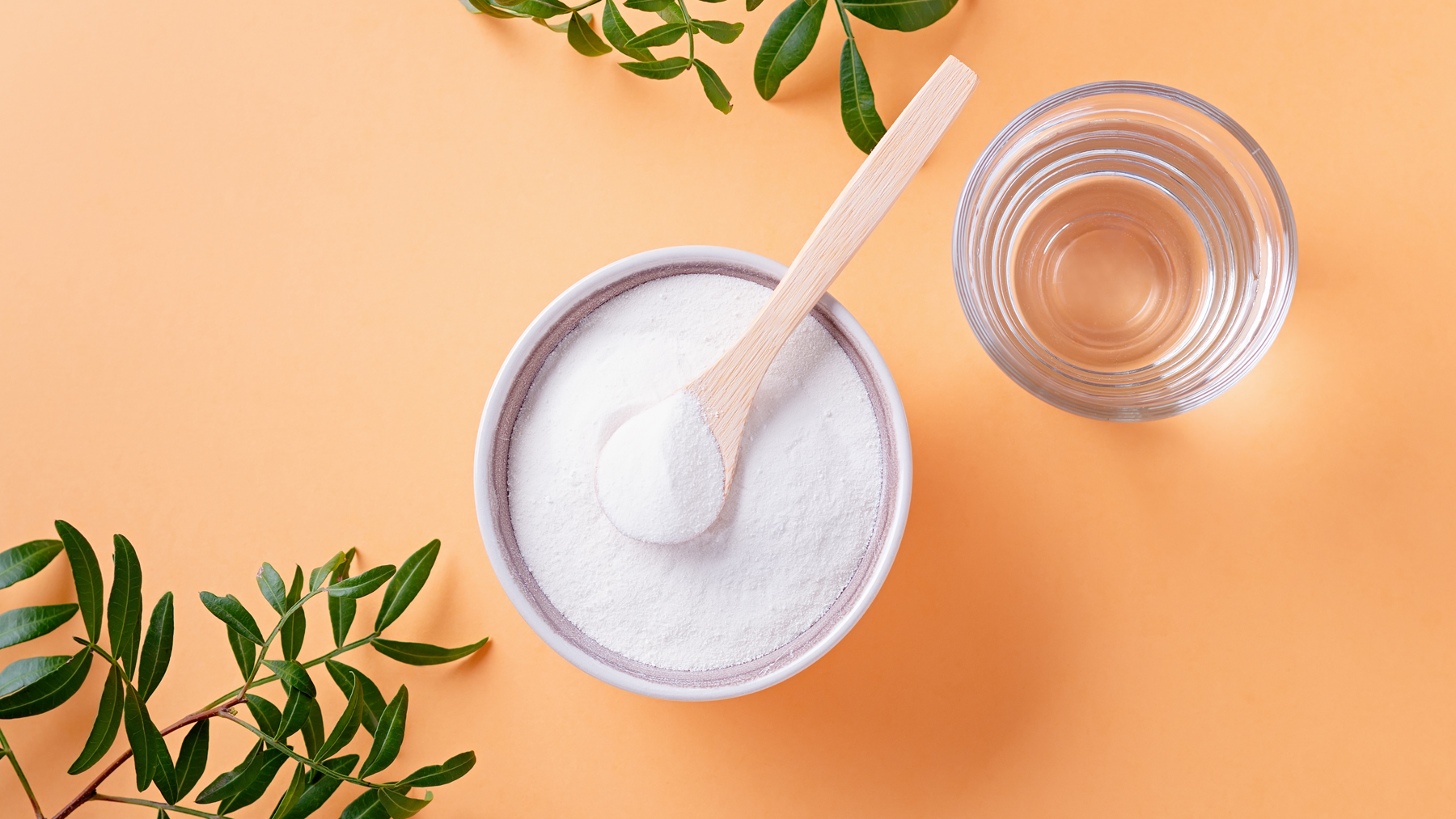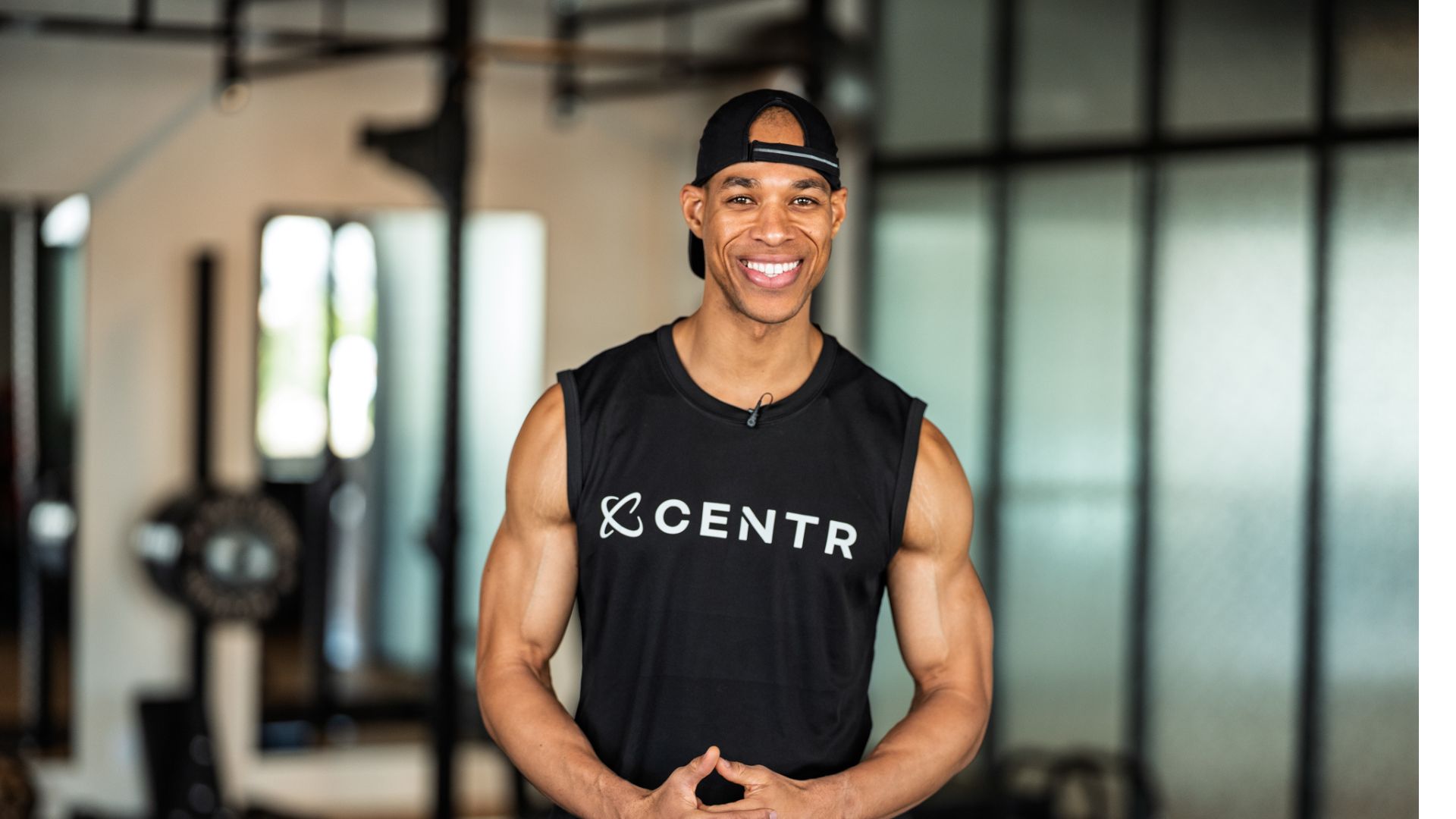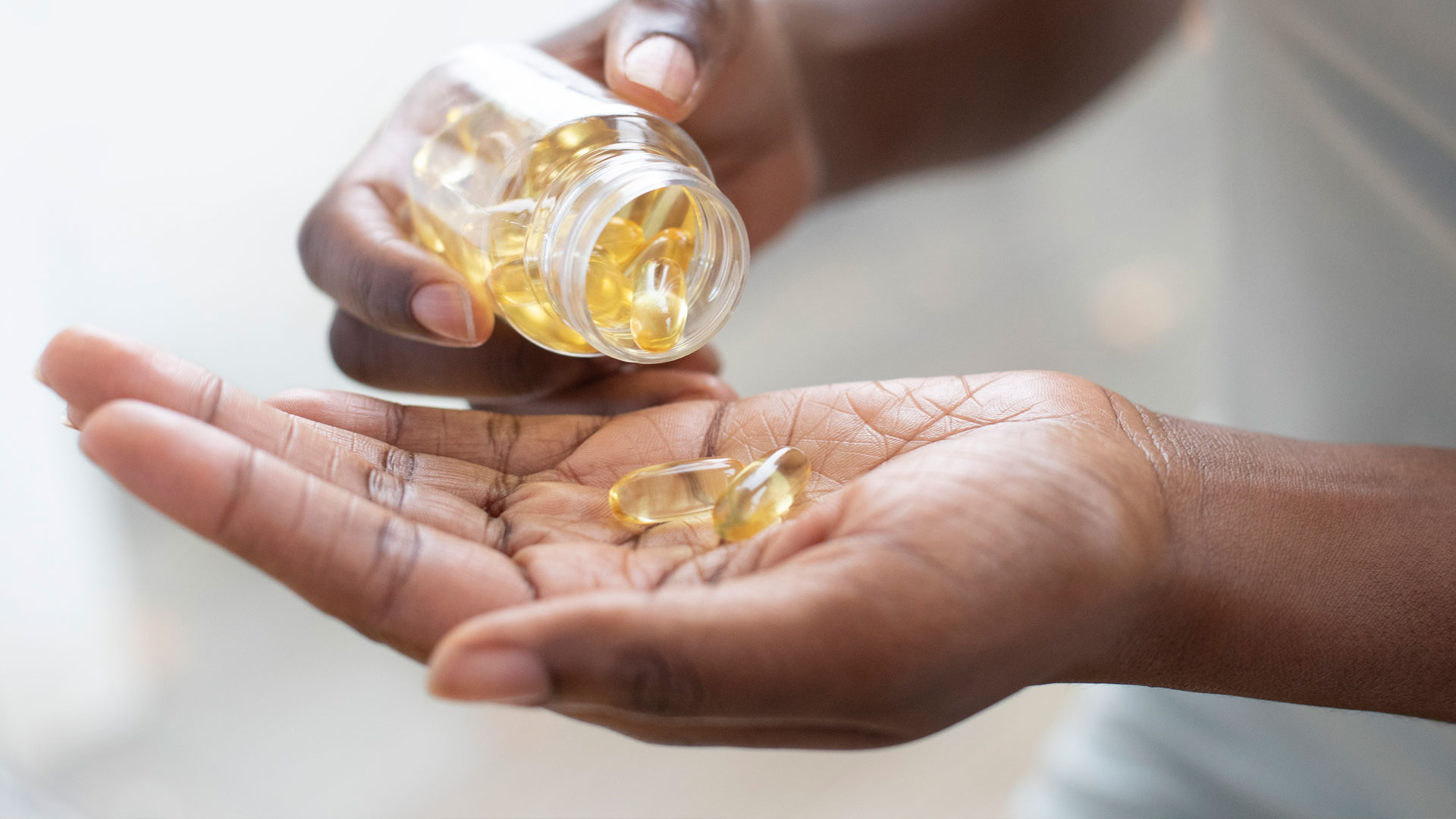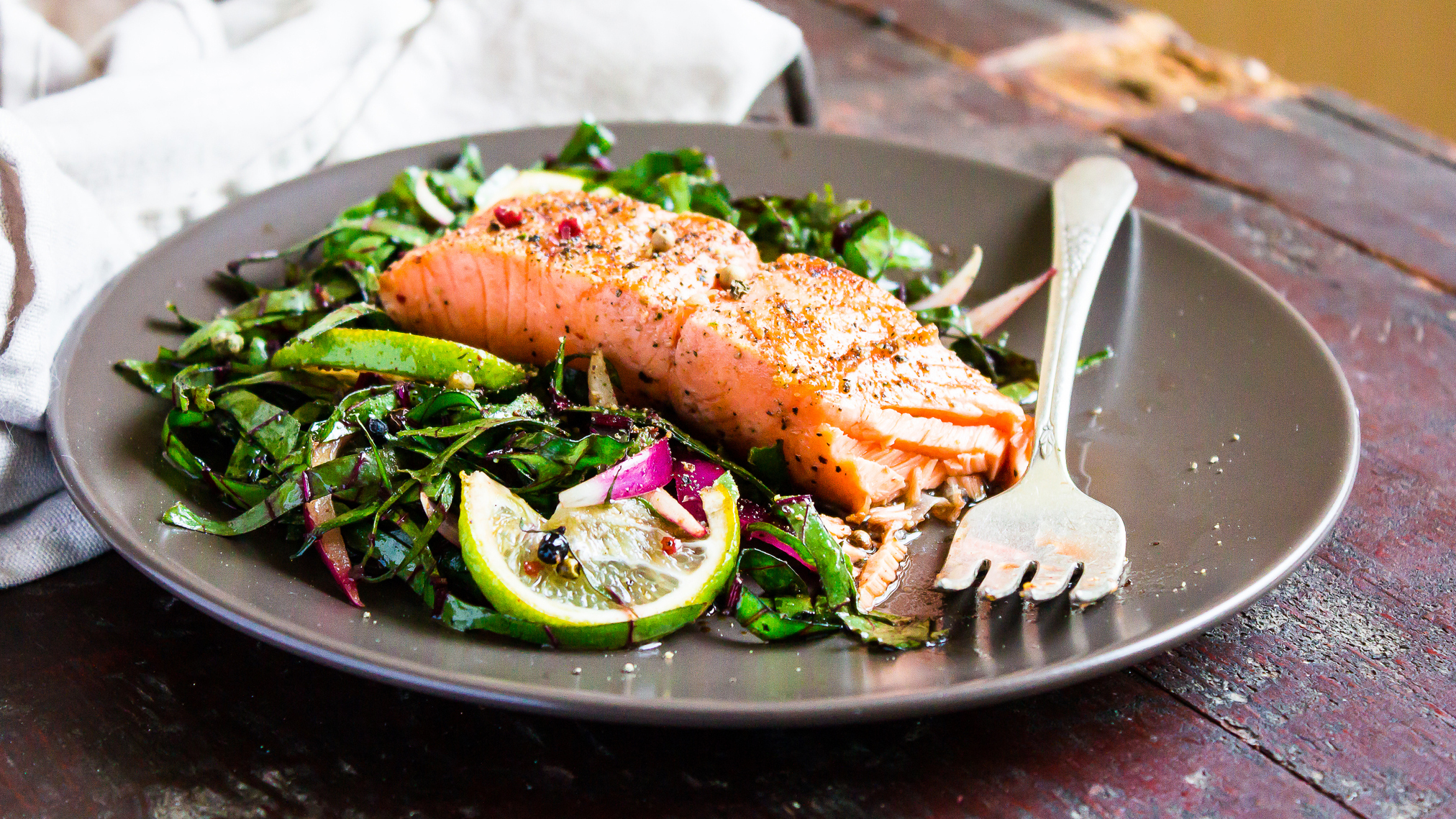What does collagen do?
What does collagen do? Professor Rod Hughes, a rheumatology expert, explains how collagen affects our bones, muscles, and skin as we age


What does collagen do? Collagen is the most abundant protein in your body and, contrary to popular opinion, it impacts more than just your skin. The important protein acts as a connective tissue for your bones, tendons, and muscles.
Unfortunately, as we age, our collagen levels begin to decline and the fiber-like structure becomes more and more brittle. It’s one of the contributing factors to why we start to lose muscle the older we get, leading people to look into the fastest way to build muscle. You may be taking one of the best supplements for joints and a decline in collagen could be furthering weakness in your joints.
Thankfully, there are ways to combat collagen levels dropping and a lot of this begins by understanding what does collagen do. Fit&Well spoke to rheumatology consultant, Professor Rod Hughes on what collagen does, why it declines with age, and how we can increase our collagen levels to boost our health and wellbeing.

Professor Rod Hughes has been a Rheumatology consultant in Surrey, England, for over 25 years. He has expertise in all areas of Rheumatology and has conducted trials into the treatment of arthritis with dietary supplementation in osteoarthritis and rheumatoid arthritis.
A rheumatologist is a medical expert who specializes in diagnosing and treating diseases that can cause inflammation in the joints, tendons, ligaments, bones, and muscles.
What does collagen do for the body?
Most people will have heard collagen and skin used in the same sentence. This is down to the fact that collagen plays a key role in strengthening your skin, while promoting hydration and elasticity. Hence why so many anti-aging creams include collagen to help people produce more of it as collagen levels naturally decline with age. Some of these popular creams and serums can be pricey which is why one of our writers tried face yoga exercises to fight aging instead.
But what exactly does it do for our body?
Dr. Hughes explains that collagen is made up of amino acids glycine and proline and he also confirms that it is the most abundant protein in the body. “It makes up 30% dry weight of the body,” he says, “There are five types of collagen (I-V) with type I being the predominant collagen (90%) and gives strength and flexibility to the ‘joining’ tissues of the body such as the tendons, ligaments and skin as well as the bones, teeth and muscles.”
How does collagen affect bone and muscle health?
We’re frequently told how important it is to stay active throughout adulthood—to stave off harmful diseases, maintain our independence and lengthen our lifespan—with official guidelines from the American Heart Association advising adults to get at least 150 minutes of exercise per week. And an additional two sessions of muscle-strengthening activity are included in these guidelines.
Get the Fit&Well Newsletter
Start your week with achievable workout ideas, health tips and wellbeing advice in your inbox.
A drop in collagen levels is another reason why adults should aim to meet their activity goals. According to Dr. Hughes, each year above the age of 50 we lose 1% muscle mass and 3% muscle strength. Collagen is an important building block for muscle growth, bone mineralization, and bone mass.
He refers to research conducted across a group of older men suffering from sarcopenia (the gradual loss of muscle mass, specifically tied to aging), an area Dr. Hughes specializes in. After completing a 12-week strength training program, the study revealed that those who took collagen supplements during the program had greater muscle mass and strength gains and lost more body fat than those who didn’t take any form of collagen.
The obvious way to gain muscle is to incorporate weights such as some of the best adjustable dumbbells into strength-based exercises such as weighted lunges and squats to build upper body muscle and overhead presses and curls to work on your upper body. But, you can also build muscle with just your body weight by completing exercises like push-ups and wall sits. If you prefer to keep your exercise low-impact, this five-minute Pilates workout is a great way to develop upper body strength and it is gentle on the joints.
Why does collagen decline with age?
The older we get the less efficient our bodies get at absorbing things that are good for us through our diet. This is one of the reasons why many adults take one of the best fish oil supplements regularly to ensure their bodies can benefit from a rich source of omega-3 fatty acids, a type of fat that helps prevent things like heart disease.
When it comes to collagen, this is typically found in protein-rich foods like beef, chicken, eggs, fish, and beans. Dr. Hughes says our diets can become less protein-rich as we age and we may notice a drop in appetite. This is why including more protein-packed foods into your meals is essential for maintaining high levels of collagen. If you struggle to eat lots of protein-based foods, you can always add one of the best protein powders for weight loss into your diet.
Dr. Hughes adds, “As we age our tissues are subject to other stresses in all the tissues as they age including less efficient DNA repair and oxidative stresses on aging tissues.
“We also lose collagen as a result of a continued high sugar intake in the Western diet that leads to increased glycation, a process that results in unstable collagen being formed and broken down more easily. Another influence that can increase collagen loss is tobacco smoking.”
Natural ways adults can increase collagen levels
Dr. Hughes recommends any form of exercise that involves stretching against resistance for muscles, so you might simply add some of the best resistance bands into your workouts. The best way to build up and support bone health through exercise is by engaging your body in weight-bearing activities such as walking or jogging. Don’t forget to wear suitable footwear, so it’s worthwhile investing in a pair of the best shoes for walking.
But Dr. Hughes emphasizes that increasing your collagen levels naturally is largely through diet. Increase your intake of high protein foods, cut down your sugar intake as much as possible, and look into taking a collagen supplement.
“‘Extra’ collagen supplements may help but the jury is still out on this. Supplements of collagen between 2.5 and 15 grams daily appear to be safe.”
Jessica is an experienced fitness writer with a passion for running. Her career in journalism began in local news and she holds a Masters in journalism. Jessica has previously written for Runners World, penning news and features on fitness, sportswear and nutrition.
When she isn't writing up news and features for Fit&Well covering topics ranging from muscle building, to yoga, to female health and so on, she will be outdoors somewhere, testing out the latest fitness equipment and accessories to help others find top products for their own fitness journeys. Her testing pairs up nicely with her love for running. She recently branched out to running 10Ks and is trying to improve her time before moving on to larger races. Jessica also enjoys building on her strength in the gym and is a believer in health and wellness beginning in the kitchen. She shares all of this on her running Instagram account @jessrunshere which she uses for accountability and for connecting with like-minded fitness lovers.
-
 I do these two things every day to stay fit and healthy, says the newest star trainer on Chris Hemsworth's fitness app
I do these two things every day to stay fit and healthy, says the newest star trainer on Chris Hemsworth's fitness appHere's how Centr's Korey Rowe trains for longevity
By Sam Rider Published
-
 I thought sports weren't for me, until I realised they're a game-changer for ticking off cardio
I thought sports weren't for me, until I realised they're a game-changer for ticking off cardioI swapped HIIT and running for tennis—and I've never felt better
By Alice Porter Published
-
 What is the most common vitamin deficiency?
What is the most common vitamin deficiency?Active Aging Arm yourself with knowledge about the most common vitamin deficiency to avoid missing out
By Louise Bond Published
-
 Food for joint pain: Eight anti-inflammatory ingredients to reduce joint pain
Food for joint pain: Eight anti-inflammatory ingredients to reduce joint painNutrition Eating food for joint pain is a low-cost way to improve your diet and protect your body
By Maddy Biddulph Published